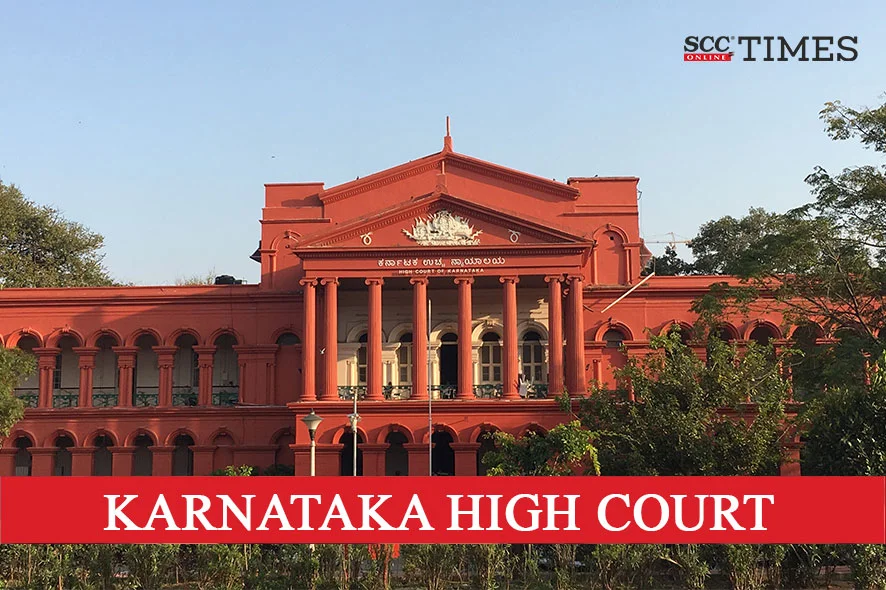Karnataka High Court: While deciding the instant appeal where the parties had approached the Court against the order of the Family Court wherein it was held that mutual consent petitions (Mubarat) for the dissolution of the Mohammedan marriage is not contemplated under the provisions of the Dissolution of Muslim Marriages Act, 1937; the Division Bench of Anu Sivaraman* and Anant Ramanath Hegde, JJ., allowed the appeal holding that Family Court is duly empowered under the provisions of Dissolution of Muslim Marriages Act to consider application for divorce by mutual consent when the parties are Muslims.
The appellants are Sunni Muslims and they entered into a Mubarat agreement in 2021, thereby dissolving their marriage solemnised in 2019.
The parties had approached the Family Court seeking a declaration of dissolution of marriage solemnized between them as per Mohammedan rites and customs via the Deed of Mubarat. However, the Family Court despite expressing the opinion that Mubarat is one of the ways to dissolve a Muslim marriage, dismissed the suit holding it to be unmaintainable on the ground that dissolution of marriage via Mubarat is not contemplated under Dissolution of Muslim Marriages Act, 1937.
The appellants submitted that Mubarat is an accepted form of Divorce under Muslim Personal Law and there is no impediment for the Family Courts to recognise the same and declaring the status of the parties.
The appellants contended that when Dissolution of Muslim Marriages Act, 1937 and Muslim Personal Law (Shariat) Application Act, 1939 is read with Section 7 of Family Courts Act, 1984, the Mubarat Agreement entered between the parties with their full consent and knowledge, is liable to be accepted by the Family Court and with a declaration liable to be granted. Hence it was argued that the impugned order of the Family Court was erroneous.
Perusing the matter and the contentions advanced by the appellants, the Court was in agreement that the Family Court erred in not considering the appellants’ request. The Court further pointed out that the Family Court’s reasoning that divorce by Mubarat deed not being contemplated under Dissolution of Muslim Marriages Act, 1937, was an incorrect proposition of law.
Thus, the Court opined that that the prayer sought for by the parties for a declaration as to the dissolution of marriage via Mubarat deed, ought to have been granted by the Family Court.
With the afore-stated assessment, the Court not only allowed the appeal, but it also declared the marriage between the appellants to be dissolved by the Mubarat agreement.
[Shabnam Parveen Ahmad v. Nil, 2024 SCC OnLine Kar 39, decided on 26-03-2024]
*Judgment by Justice Anu Sivaraman
Advocates who appeared in this case :
For appellants- Advocate Suzanne Maria Vaz for Advocate Azhar Meer








The Karnataka High Court’s affirmation of the Family Court’s authority to recognize Mubarat agreements is a significant step in aligning legal processes with Muslim personal law.